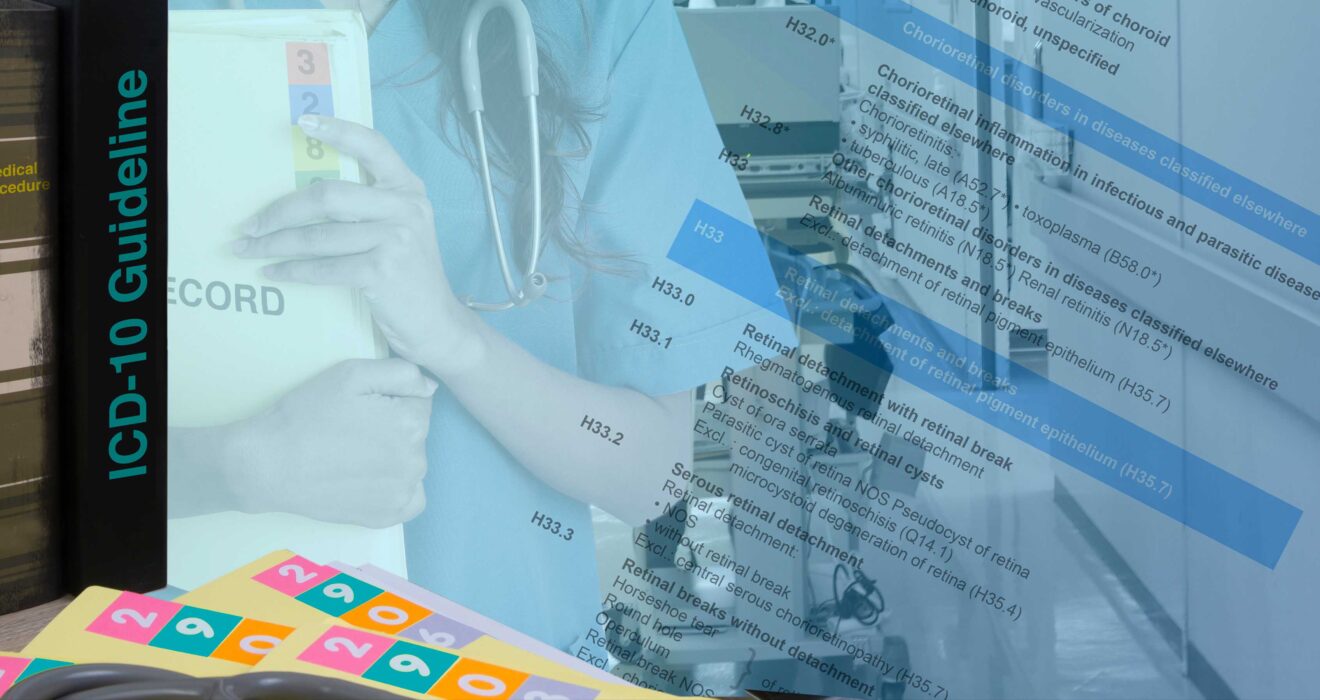Offshore Medical Coding– Is It Really The Best Option?
Starting with the implementation of ICD-10 and culminating in the COVID pandemic, the use of offshore medical coding contractors increased dramatically for health care organizations. Many hospitals and health systems thought that the switch to overseas resources would produce similar levels of quality coding at a lower cost. Unfortunately, the switch to offshore medical coding for many health systems has not been ideal.
While there is little longitudinal data from across the healthcare industry on the efficacy of offshore medical coding, we at Coding & Billing Solutions have seen the direct results of this trend, which are not always positive.
While the overall picture is complicated, the following are some concerns and deficits that arise from offshore medical coding:
Language Barrier
One of the biggest challenges of using offshore medical coders is the language barrier. Medical coding requires a high level of accuracy and attention to detail, and any misunderstanding or misinterpretation of medical terms or codes can result in incorrect coding, which can have serious consequences for patients, healthcare providers, and insurers. Offshore coders may not be familiar with the nuances of the English language, which can lead to errors in coding.
Time Zone Differences
Another disadvantage of using offshore medical coders is the time zone differences. Healthcare providers may experience delays in receiving coded information due to the time it takes for offshore coders to complete their work. This can result in delays in billing and insurance processing, which can have a negative impact on cash flow.
There is also the related issue of the difficulty in having real-time conversations with overseas coders, which causes further delays and frustration.
Quality Control
Healthcare providers may find it challenging to ensure quality control when working with offshore medical coders. It can be difficult to monitor and review the work of offshore coders, which can lead to errors and inaccuracies in coding. Additionally, offshore coders may not be as invested in the success of the healthcare provider as local coders, which can result in a lack of motivation and attention to detail.
Security Concerns
Offshore medical coders may not be subject to the same data privacy laws and regulations as those in the United States. This can put patient data at risk of being compromised or stolen. Additionally, offshore coders may not be as familiar with U.S. healthcare regulations and compliance requirements, which can lead to violations and fines.
Cultural Differences
Cultural differences can also be a challenge when working with offshore medical coders. In some cultures, it may be considered impolite to ask questions or seek clarification. This can lead to misunderstandings and mistakes in coding.
Denied Claims
Some research shows that offshore medical coders average 10 more denied claims per week than domestic coders. These denied claims then need to be reworked and the coder needs to be retrained on the errors. All of this takes time and reduces the cost benefits of offshore medical coding options.
Overall Productivity
From our observation, offshore coding requires more supervision and auditing due to the poorer coding accuracy and concerns about miscoding. This kind of intervention can eliminate the cost savings from going overseas.
Coding & Billing Solutions, LLC is a 100% domestic medical coding and billing service provider. Our cost structure allows us to be charge in the middle area between fulltime provider staff and overseas coding options. As a result, we are the best cost-benefit option for outsourced medical coding – just ask our client firms!
Contact us to today to discuss how we can become a trusted and cost-effective partner.
Please call us at 610-428-9034 or fill out our Contact Form.

